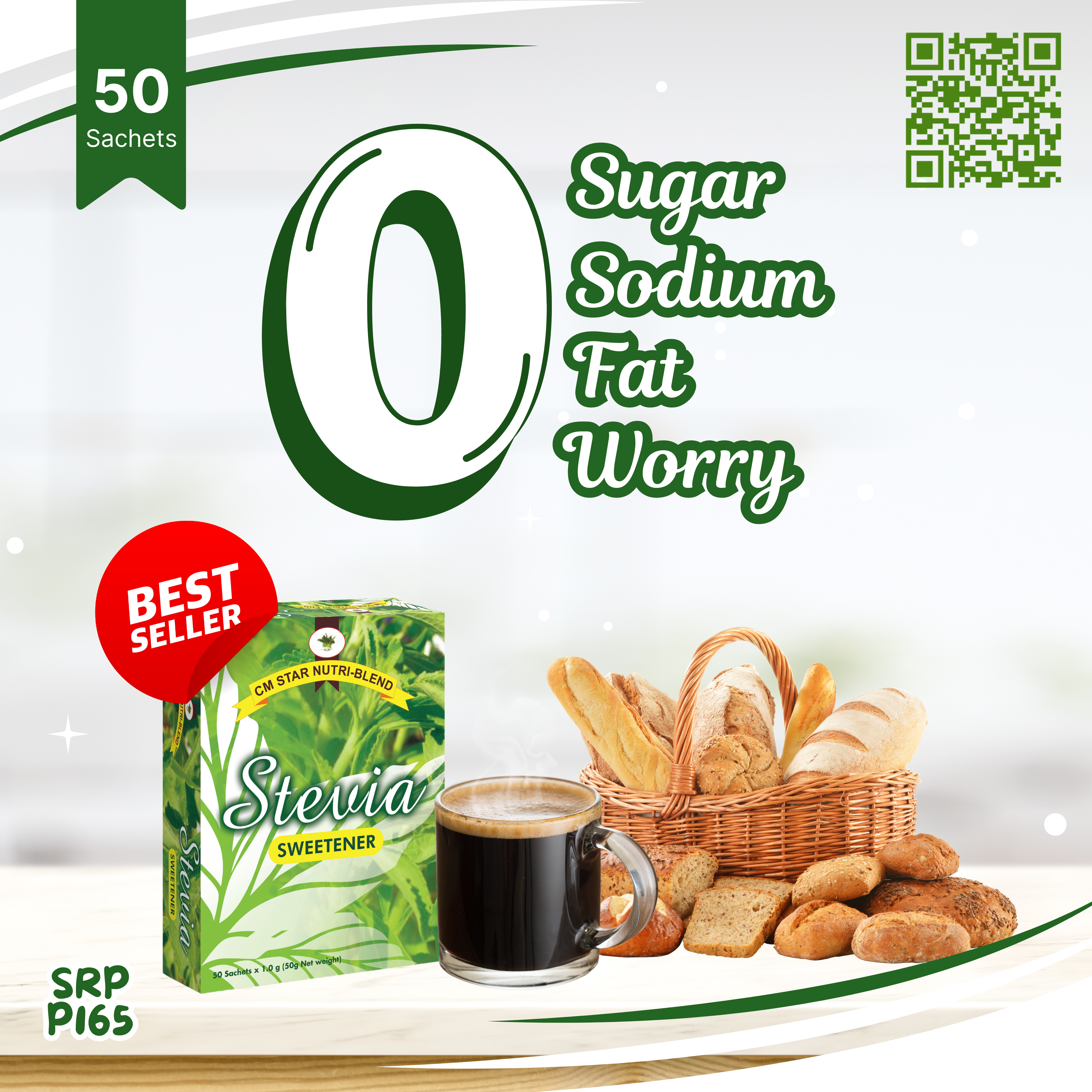
Derived from the leaves of the Stevia rebaudiana Bertoni plant, it has garnered attention for its potential health benefits as a natural sweetener. Widely known for its zero-calorie content, stevia is used as an alternative to sugar in various applications. Here’s a closer look at why stevia is a preferred choice for health-conscious consumers:
1. Health Benefits: Numerous studies have highlighted the potential “health benefits of stevia, including its beneficial role against obesity, hypertension, cancer, dental caries, oxidative stress and microbial infections.” (Ahmad et al., 2020). Stevia also helps regulate insulin and glucose levels, making it a suitable option for individuals with diabetes.
2. Weight Management: With obesity being a global concern, the role of low-calorie sweeteners like stevia in weight management has been extensively studied. When paired with a well-balanced diet and exercise, stevia may help with weight management (Anton et al., 2010).
3. Dental Health Benefits: Unlike sugar which promotes dental decay, stevia does not contribute to tooth cavities. Research suggests that stevia may inhibit the growth of bacteria associated with tooth decay. This aspect makes stevia-infused drinks a preferred choice for maintaining oral health (Moelich et al., 2022).
Stevia, as an alternative to sugar, provides sweetness with minimal impact on calorie intake and blood sugar levels. As consumer awareness of health risks associated with excessive sugar consumption increases, stevia continues to gain traction as a viable option for those looking to make healthier dietary choices.
References:
Ahmad, J., Khan, I., Blundell, R., Azzopardi, J., & Mahomoodally, M. F. (2020b). Stevia rebaudiana Bertoni.: an updated review of its health benefits, industrial applications and safety. Trends in Food Science & Technology, 100, 177–189. https://doi.org/10.1016/j.tifs.2020.04.030
Anton, S. D., Martin, C. K., Han, H., Coulon, S., Cefalu, W. T., Geiselman, P., & Williamson, D. A. (2010b). Effects of stevia, aspartame, and sucrose on food intake, satiety, and postprandial glucose and insulin levels. Appetite, 55(1), 37–43. https://doi.org/10.1016/j.appet.2010.03.009
Moelich, N., Potgieter, N., Botha, F. S., Wesley-Smith, J., & Van Wyk, C. (2022). The search for a healthy sugar substitute in aid to lower the incidence of Early Childhood Caries: a comparison of sucrose, xylitol, erythritol and stevia. SADJ, 77(08), 465–471. https://doi.org/10.17159/2519-0105/2022/v77no8a2



